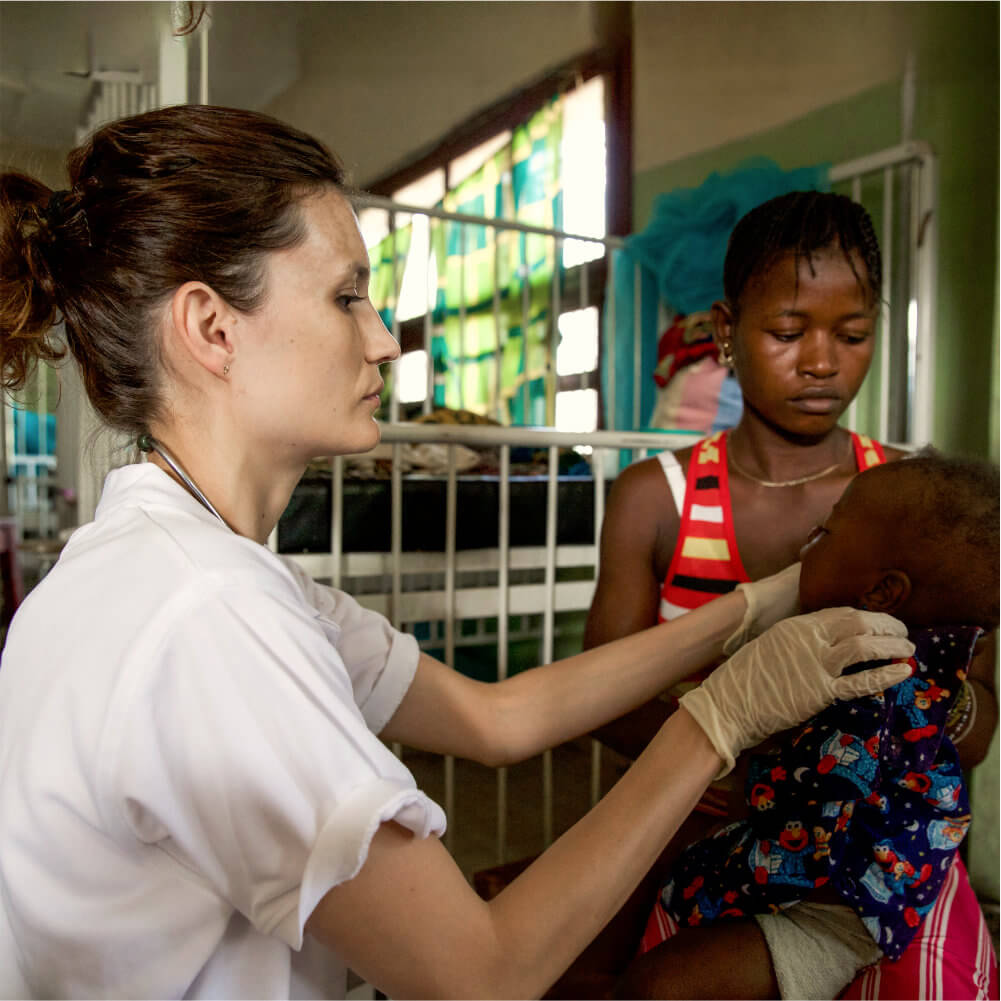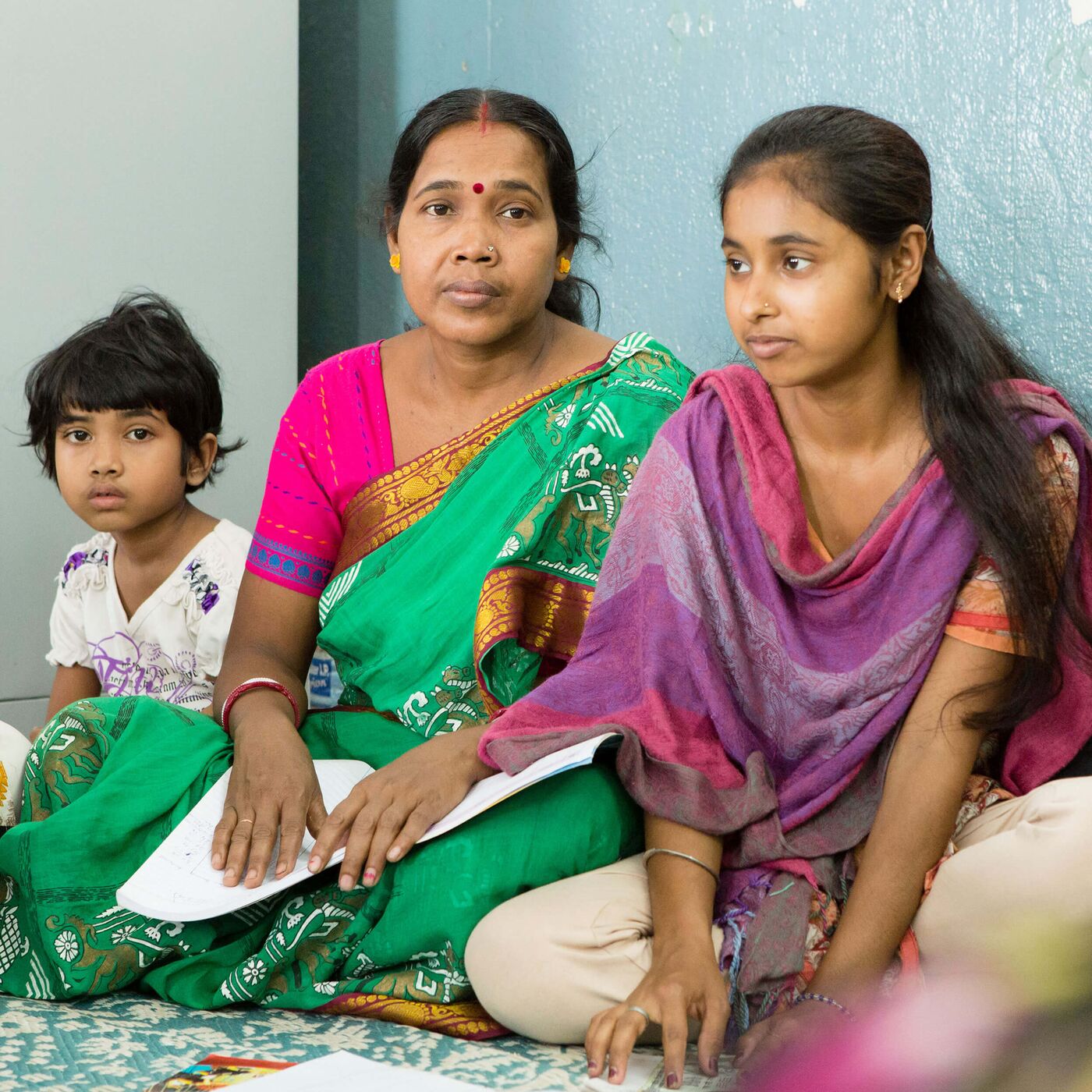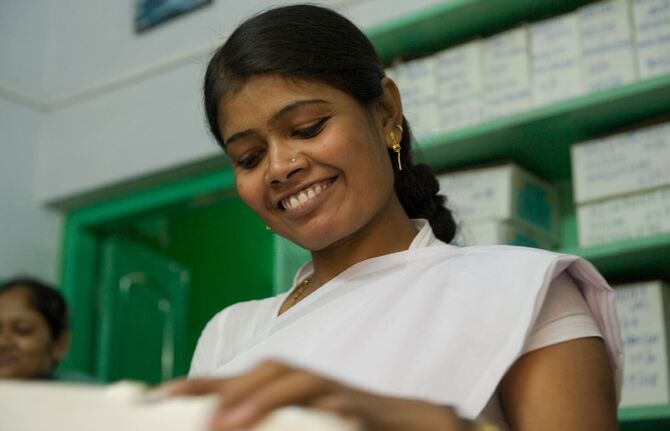




What does women's health mean?
Men and women differ in their biological preconditions: Some diseases, for example, only occur in women. The effectiveness of medication can vary depending on gender. Different phases in life, such as pregnancy or menopause, occur only in women - and psychosocial factors may have a different impact on the health of men and women. In other words, women are exposed to other health risks than men, and this requires gender-appropriate care. According to the World Health Organisation (WHO), health is defined as ‘a state of complete physical, mental and social well-being and not merely the absence of disease.’

Swiss Doctors treat patients on a voluntary basis
Patients come to Swiss Doctors' outpatient clinics with a wide range of illnesses, but there are some diseases that are particularly common in emerging and developing countries. These include, for example, malaria, HIV-infections in Nairobi (Kenya), tuberculosis in Calcutta (India) and, of course, the consequences of malnutrition in virtually all areas where the doctors work.
Cooperation with local people is crucial to Swiss Doctors. They train many of them in order to strengthen the weak local health systems from within. Promoting women is also an important focus for the association. It improves the living conditions of many local families in a very tangible way.
The association relies on donations to strengthen the right to medical care of those mostly affected. The doctors work in 6-week rotations on a voluntary basis. Read here what the Swiss Doctors are doing locally to combat diseases in developing countries.
Promoting women: empowering girls and women
The aim is to strengthen the role of women in the social and economic context. Especially in developing countries the inequality of opportunities for women is clearly visible: they are less likely to go to school, less likely to have a job and more at risk of not being able to feed themselves.
Combating child mortality
Giving birth without medical assistance is a high risk for both baby and mother. In some of our projects, we therefore focus on mother-child health and obstetric care. Our goal: to reduce both child mortality and maternal mortality in developing countries!
Pregnancy in developing countries
Pregnancy is not only dangerous for the unborn child, but also for the expectant mother. With regular check-ups, potential problems during pregnancy can be recognised in time and the lives of mother and child can be protected.
Combating female genital mutilation (FGM)
Although many countries already have criminal laws against female genital mutilation, numerous girls are genitally mutilated every year. This violence against girls and women is particularly widespread in Africa. We support our partner project in the fight against female genital mutilation.









